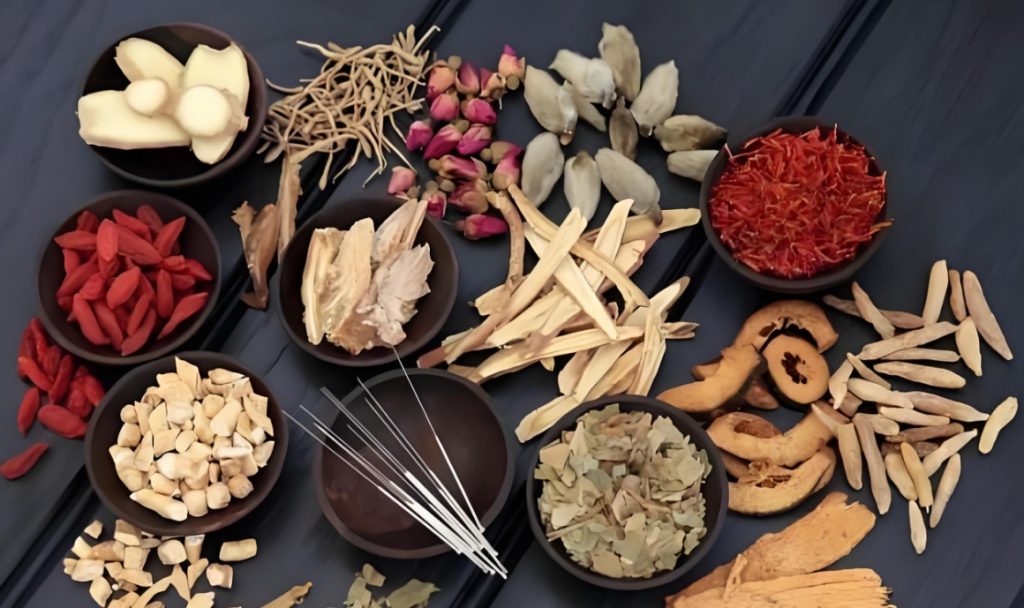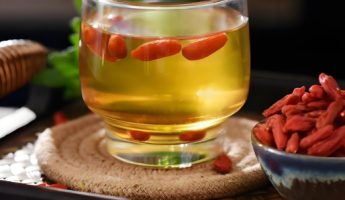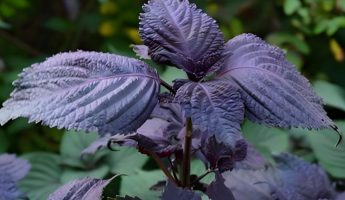Traditional Chinese medicine ingredients have the function of regulating the body, and people should pay attention to the body. Health preservation can have the effect of prolonging life. Different medicinal herbs have different effects. When selecting medicinal herbs, attention should be paid to their medicinal properties. Choosing the right herbs can achieve the goal of nourishing the body. These five health preserving traditional Chinese medicines can help you maintain a healthy body!
1、 Tianqi
Tianqi is a type of ginseng with nourishing effects, and it was originally a medicinal herb with the pharmacological properties of promoting tendons, activating collaterals, activating blood circulation, and removing blood stasis. Because society is entering an aging stage and the incidence of coronary heart disease is also becoming younger, we often use Tianqi decoction to regulate coronary heart disease. Purchase Tianqi, preferably one that is large, solid, smooth, and has no branches or claws. The best way to deal with Tianqi is to stir fry it in chicken oil over low heat until it turns slightly yellow, cool it down, and then smash it with a hammer. This can change its properties as a medicine to enhance Tianqi’s nourishing effect.

2、 Eucommia ulmoides
It has the effects of tonifying the waist, strengthening the kidneys, and consolidating the kidneys. Here we recommend a Eucommia ulmoides Black Bean Pork Rib Soup, which can nourish the waist and kidneys, strengthen muscles and bones, and also has a certain sedative and analgesic effect; Any symptoms such as soreness, dizziness, tinnitus, and forgetfulness caused by insufficient kidney qi are suitable for consumption. 9g of Eucommia ulmoides, 150g of black beans, 250g of pork ribs (hard ribs), and 5 red dates, sprinkle with light salt water in a pot. Eucommia ulmoides should be first dusted off, placed in a pot, splashed with a little diluted salt water, and stir fried until dry. Because traditional Chinese medicine says’ salty enters the kidneys’, it refers to salty medicines or foods that are most likely to act on the kidneys. Moderate salty taste can nourish the kidneys, while excessive salty taste can harm the kidneys.
3、 Chenpi (dried tangerine peel)
Regulating the middle with stagnation, regulating qi and eliminating phlegm, and promoting the circulation of the five organs. Chenpi (dried tangerine peel) is a traditional Chinese medicine and also a seasoning for soup making. Adding some Chenpi to oily soup and bean soup can help dispel qi and stagnation. Chenpi needs to be soaked and cleaned, and the white layer must be scraped off to enhance its sweetness and aroma. Otherwise, the resulting soup may have a slightly astringent taste.
4、 Poria cocos
Poria cocos has a mild and sweet nature, with the effects of dehumidification, detoxification, and joint promotion. Poria cocos can usually be used to clear heat, detoxify, and eliminate dampness. Introduce a poria cocos chestnut Congee: 15g poria cocos, 25g chestnuts, 10 dates, 100g japonica rice; Boil chestnuts, jujubes, and glutinous rice with water first; Grind Poria cocos into powder, slowly add when the rice is half cooked, stir well, and cook until the chestnuts are fully cooked. People with liver and kidney yin deficiency should take it with caution and avoid tea when taking it.
5、 Huai Yam
Huai yam has been used as a health food in China for at least two thousand years. It has the effects of nourishing qi and yin, tonifying spleen, lungs, and kidneys, and stabilizing essence and stopping bleeding. Fresh Huai yam is a daily food that can be cooked in soup, stir fried, and consumed as a vegetable. Among them, it is most commonly used for making soup, such as Codonopsis pilosula, Huai Shan pork tendon soup, Tong Ji Xiang Luo Huai Shan soup, Huai Shan round meat stewed pig hands, and so on. When choosing Huai yam, it is best to choose raw and sun dried Huai yam.



